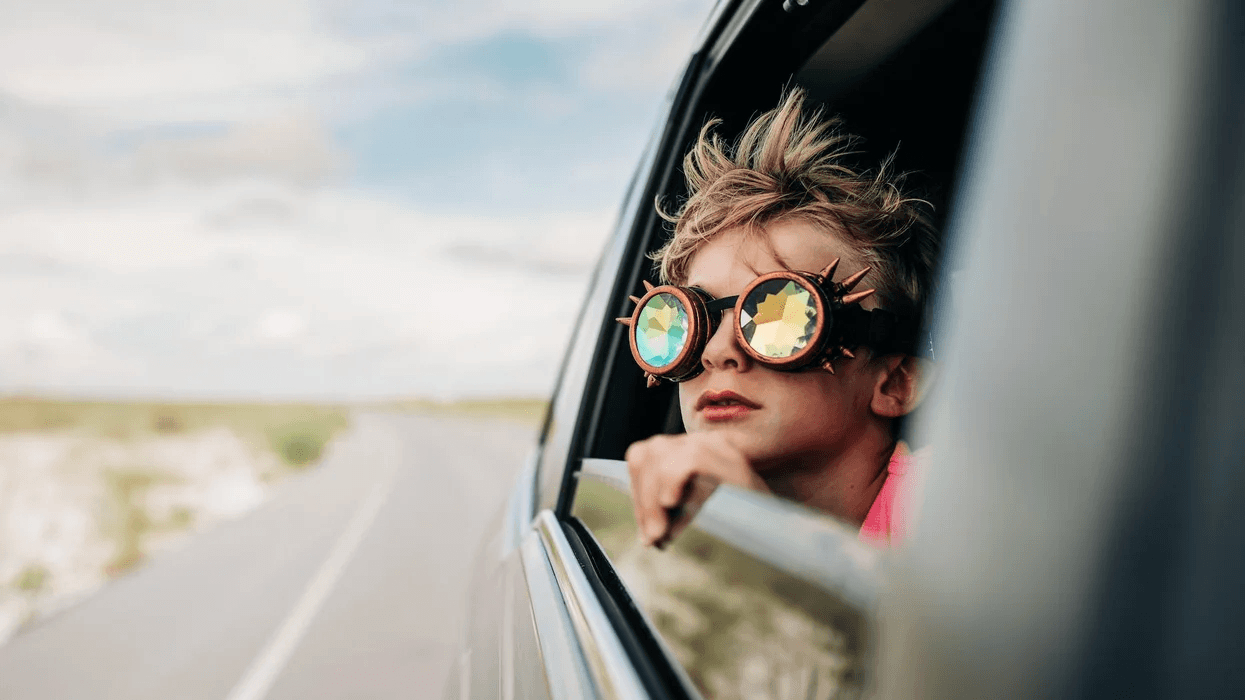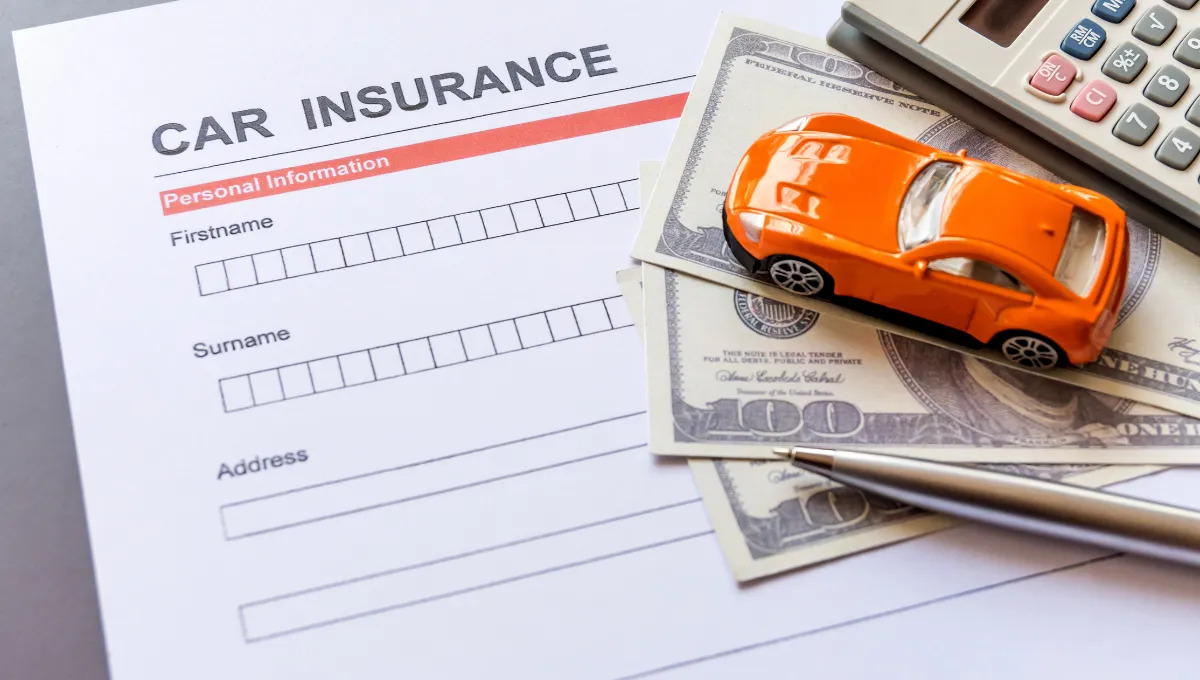Ignite your family's summer adventure with our indispensable guide to planning a safe and unforgettable road trip with kids.
Continue readingThe Role of Car Insurance in Summer Driving Safety
Learn how auto insurance fortifies your summer road trips, from covering accidents to managing seasonal risks, promising peace of mind.
Continue readingHow to Safely Transport Summer Sports Equipment
Avoid damage and maximize safety with our essential guide on transporting summer sports equipment, read on for more expert tips.
Continue reading2 in Critical Condition After Motorcycle Accident Involving Car in Cobb County
On June 24, 2024, a severe collision involving a motorcycle and a car occurred on Chastain Road at Barrett Lakes Boulevard near Kennesaw State University, leaving two individuals critically injured. The accident highlights the ongoing need for vigilance and safety on our roads.
Details of the Cobb County Motor Vehicle Accident
According to the Cobb County Police Department’s Special Operations Selective Traffic Enforcement Program Unit, the crash happened just after 9:45 p.m. A black 2024 Suzuki GSX-R1000 motorcycle, carrying an unidentified man and a passenger, was traveling east on Chastain Road. Simultaneously, a white 2017 Lexus ES350 was heading west in the dedicated left turn lane.
As the driver of the Lexus began a left turn, the motorcycle entered the intersection on a red signal, leading to a collision. The impact threw both riders off the motorcycle, causing them to sustain serious injuries. They were transported to Wellstar Kennestone Hospital. The driver of the Lexus was also injured and taken to the hospital for treatment.
Legal Representation for the Injured Motorcycle Rider
Attorney Kyle Koester of the Law Offices of Kyle E. Koester, LLC has been retained to represent the injured motorcycle rider. With years of experience in personal injury law, Attorney Koester is committed to ensuring that the rights of the injured party are protected and that they receive the compensation they deserve.
Understanding Liability and Legal Rights
Motorcycle accidents often result in severe injuries due to the exposed nature of the riders. Determining liability in such cases can be complex. In Georgia, drivers are required to yield to oncoming traffic when making left turns, even on green signals, unless it’s a protected left turn indicated by a green arrow.
Georgia law also mandates that all vehicles, including motorcycles, must adhere to traffic signals. Entering an intersection against a red signal is a violation that can complicate liability determinations.
Case Law in Georgia
Previous Georgia case law illustrates the complexities involved in determining fault in motorcycle accidents. For instance, in the case of Smith v. Doe, the court considered the responsibilities of both parties in an intersection collision, emphasizing the need for all drivers to exercise due care.
Seeking Justice and Compensation
The Law Offices of Kyle E. Koester, LLC is dedicated to navigating these complexities and fighting for the rights of the injured motorcycle rider. Our goal is to ensure that our client receives the necessary medical care and fair compensation for their suffering and losses.
Contact The Law Offices of Kyle E. Koester, LLC if You Have Been Injured in an Auto Accident
This tragic accident serves as a stark reminder of the importance of road safety and adherence to traffic laws. As investigations continue, our firm stands ready to support our client through the legal process, advocating for their rights and striving for a just outcome.
If you have any information about this incident, please contact the Cobb County Police Department at 770-499-3987. If you or a loved one has been involved in a motorcycle accident, contact the Law Offices of Kyle E. Koester, LLC for a free consultation. We are here to help you navigate the legal challenges and secure the compensation you deserve.
The Role of Music and Audio Distractions on Driving in Summer
Feel the rhythm of your summer drives while understanding how music and audio distractions can impact your safety on the road.
Continue readingThe Role of Seatbelt Laws in Reducing Summer Traffic Fatalities
Observe how seatbelt laws have dramatically reduced summer traffic fatalities, while leaving a lingering question: Are you buckling up for safety?
Continue reading


